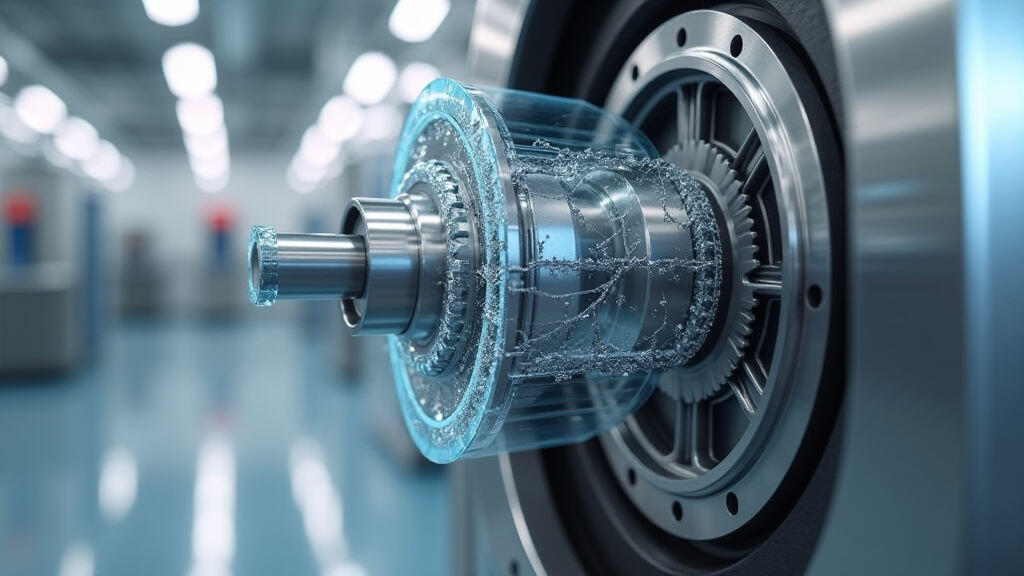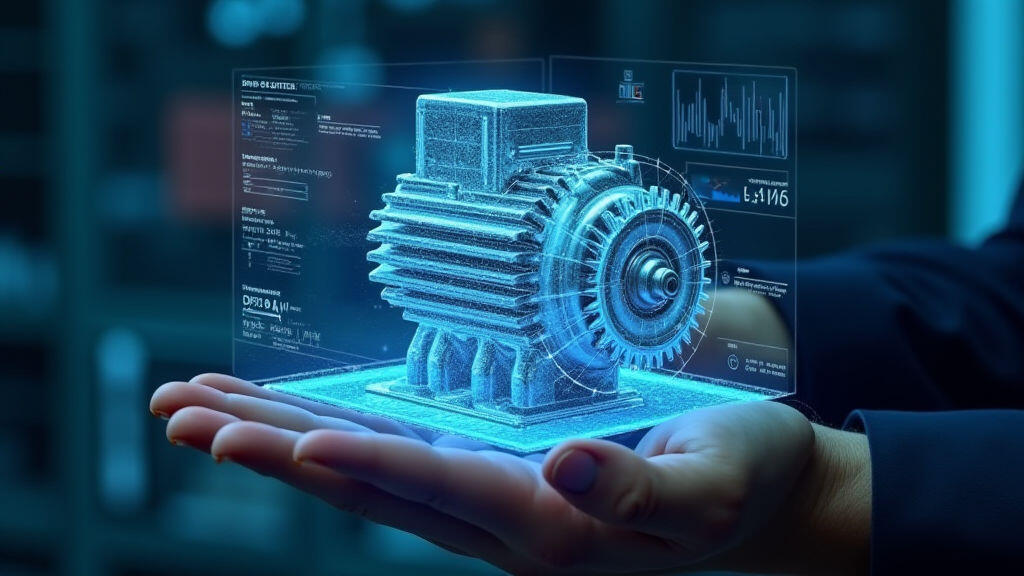
The food processing industry is a demanding environment, characterized by stringent hygiene regulations, continuous operation, and a need for precise control. Efficient and reliable machinery is paramount for productivity and product quality. At the heart of many food processing applications lies the gear motor – a critical component responsible for transmitting power and providing the necessary torque and speed adjustments. Selecting the right gear motor isn't a simple task; it requires a thorough understanding of the application's requirements and a robust calculation process. This article shares practical experience and insights on gear motor selection calculations specifically tailored for the food processing field, highlighting key considerations and best practices. We’ll also touch upon how advancements in automation and Industry 4.0 are influencing these choices, particularly concerning energy efficiency and predictive maintenance.
Food processing applications present a unique set of challenges compared to other industries. These include:
Selecting the correct gear motor involves careful consideration of several critical parameters. Neglecting even one of these can lead to reduced efficiency, premature failure, or compromised product quality.
1. Power Requirements (kW): This is the first and most fundamental parameter. It's determined by the mechanical load the motor must drive. Accurately calculating the power required is crucial. A simple calculation involves:
Power (kW) = (Torque (Nm) * Angular Velocity (rad/s)) / 9.549 (Where Angular Velocity = RPM * 2π/60). Remember to account for efficiency losses.2. Gear Ratio: The gear ratio determines the relationship between the input speed and output speed, as well as the torque multiplication. Higher gear ratios provide more torque at the expense of speed. Consider the operational requirements carefully. For example:
3. Speed Range (RPM): Define the operational speed range of the driven equipment. Gear motors are available with various speed ranges – slow, medium, and high.
4. Torque Requirements (Nm): This is the rotational force needed to drive the load. It’s critical to determine both the continuous torque and the peak torque requirements. Underestimating torque can lead to motor stalling and damage. Overestimation results in unnecessary cost and potential inefficiency.
5. Efficiency: Gear motor efficiency impacts energy consumption and operational costs. Opt for high-efficiency motors (IE3 or IE4 standards) to reduce electricity bills.
6. IP Rating: Ingress Protection (IP) rating indicates the motor’s resistance to dust and water. Food processing environments often require IP55 or higher for protection against splashes and dust.
7. Cooling Method: Gear motors generate heat during operation. Cooling methods (e.g., fan cooling, oil cooling) must be appropriate for the application and environment.
8. Mounting Type: Consider the available space and mounting requirements. Common mounting types include foot mounting, flange mounting, and center-distance mounting.
MES-Drive offers a comprehensive range of robust and efficient gear motors specifically engineered for the food processing industry. Their motors are designed for optimal performance in demanding environments, with features like:

Let's illustrate with a practical example: a dough kneading machine.
Gear Ratio = (Required Torque / Motor Torque) = (50 Nm / Motor Torque). To choose the motor, we calculate required motor torque using: Motor Torque = (50Nm * 1500 RPM) / 9.549 = 7848 Nm. This is very unlikely and demonstrates the importance of understanding the limitations and choosing the best system. Typically, the design would aim for a very high gear ratio with a slower motor speed for higher torque.The rise of Industry 4.0 is significantly impacting gear motor selection in the food processing industry. Key trends include:

Selecting the right gear motor is not a one-size-fits-all approach in the food processing industry. It necessitates a comprehensive understanding of the application's requirements, careful calculation of key parameters, and consideration of the unique challenges of the environment. MES-Drive, with its range of high-quality gear motors and expert technical support, is well-positioned to assist food processors in making informed decisions. As Industry 4.0 continues to evolve, the focus on energy efficiency, predictive maintenance, and remote monitoring will only intensify, making intelligent gear motor selection even more critical. By embracing these advancements and partnering with innovative manufacturers like MES-Drive, food processors can optimize their operations, enhance product quality, and improve their bottom line. The future involves a proactive approach to motor management, enabling predictive maintenance and minimizing downtime, which is vital in this fast-paced industry.
Leave A Reply
Your email address will not be published. Required fiels are marked